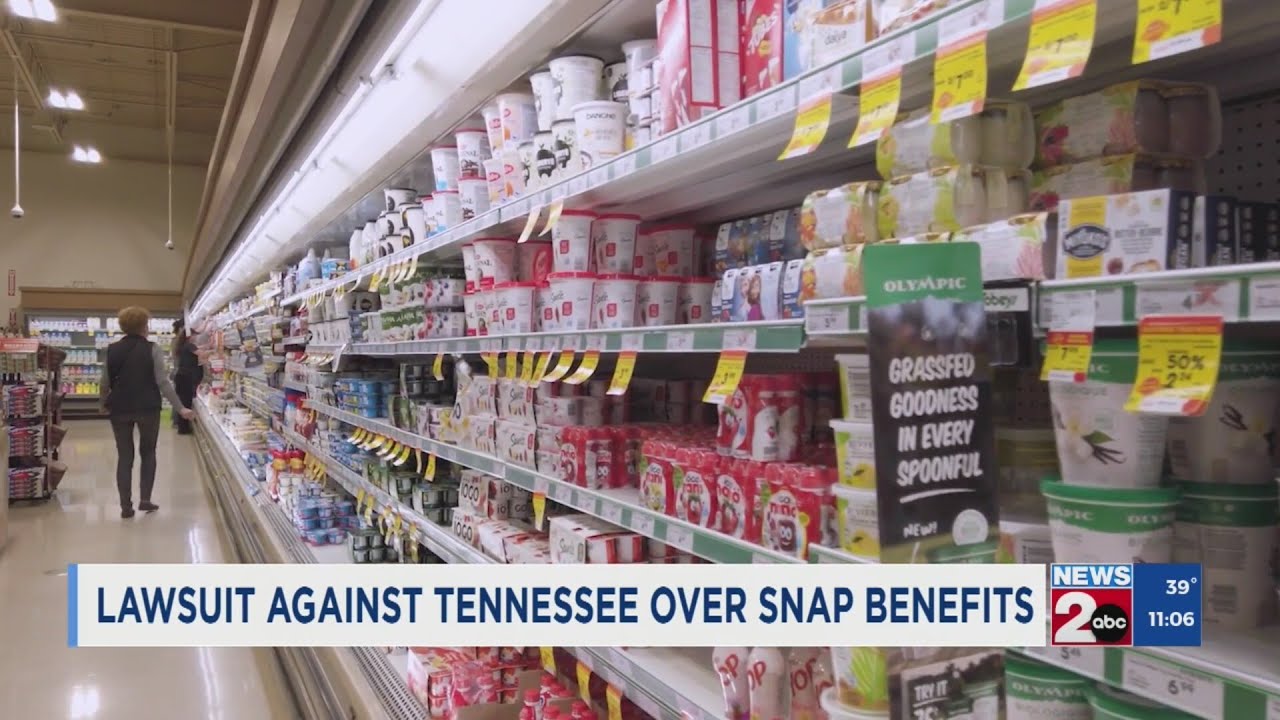The Tennessee Department of Human Services (DHS) is under scrutiny for its handling of the Supplemental Nutrition Assistance Program (SNAP). A class-action lawsuit alleges that DHS has failed to process applications and appeals in a timely manner, causing significant hardships for many individuals and families.
Allegations Against DHS
The lawsuit claims that DHS has not complied with federal laws requiring new SNAP applications to be processed within 30 days. These delays have reportedly left people struggling with hunger, malnutrition, and financial challenges. Applicants have often faced issues such as misplaced paperwork, missed deadlines, and canceled applications without proper communication or required interviews.
Systemic Problems
The plaintiffs have highlighted ongoing issues within DHS, including the frequent loss of documents and mismanagement of applications. Such systemic problems have created obstacles for many low-income families who rely on SNAP benefits for their basic needs.
Impact on Applicants
Many individuals have shared their struggles due to the alleged mismanagement. One applicant, Brandi Tapia, faced severe consequences after her SNAP application was denied, despite completing all required steps. She had to submit documents multiple times and eventually won an appeal, but the delay led to her and her child being evicted from their home.
Fraud and Security Concerns
Another concern raised in the lawsuit involves SNAP fraud. In 2024, thousands of SNAP recipients in Tennessee reported that their accounts were hacked, leaving them with little to no funds to buy food. This issue further highlights the need for better management and oversight by DHS.
Seeking Legal Action
The plaintiffs are urging the court to hold DHS accountable for violating federal laws related to the timely processing of SNAP applications and appeals. They are requesting a declaration that the department’s practices are in breach of the SNAP Act, which is designed to ensure food security for vulnerable populations.
DHS’s Silence
So far, DHS has not issued any public response to the allegations. The lack of communication has left many unanswered questions about the department’s plans to address these serious concerns.
Conclusion
The lawsuit against DHS sheds light on the critical need for efficient and fair management of SNAP benefits. Delays and mismanagement have left countless individuals struggling to meet basic food and financial needs. Advocacy groups and affected residents are calling for immediate reforms to protect the well-being of those relying on this essential assistance program.








